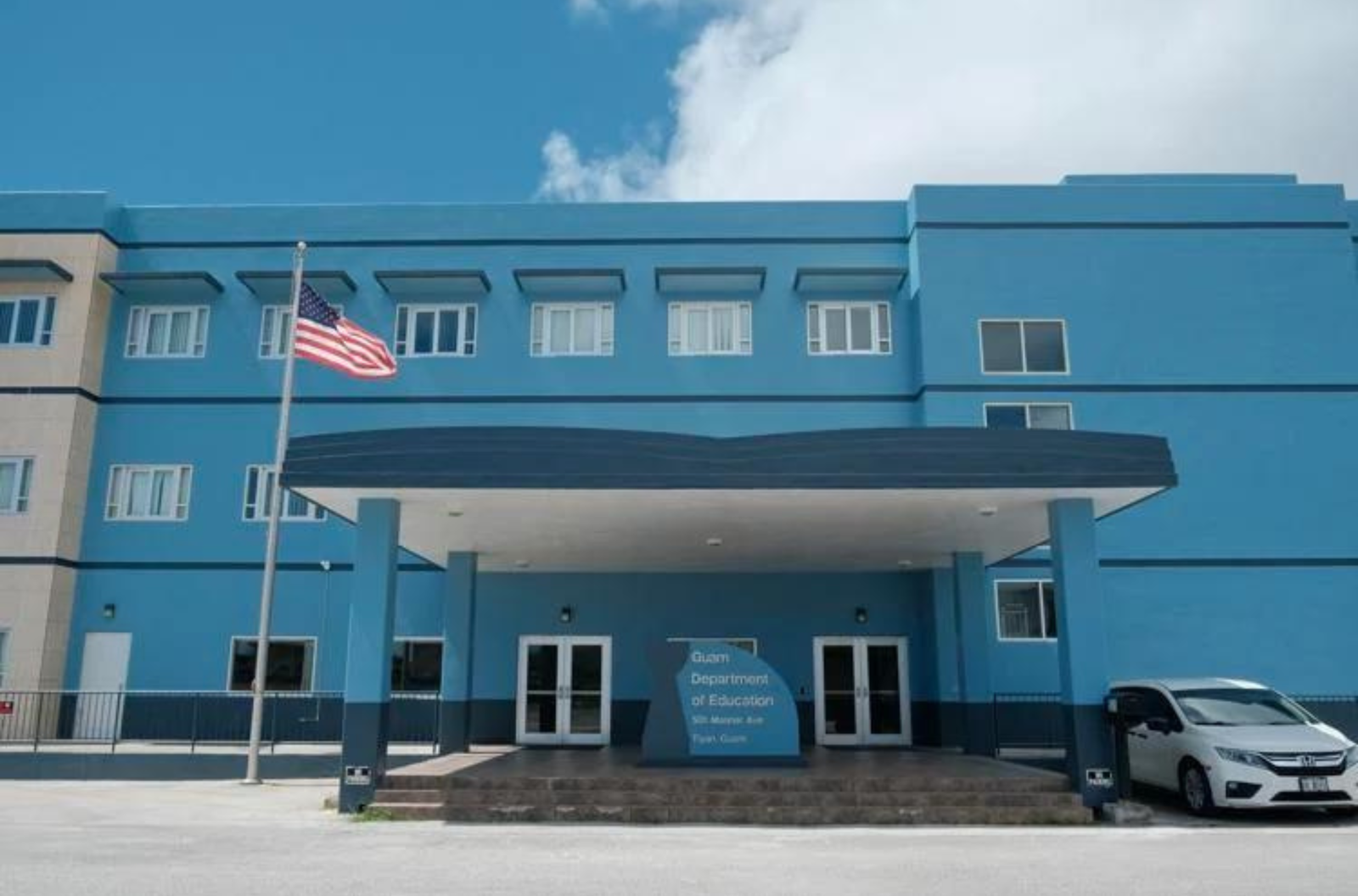HAGÅTÑA (The Guam Daily Post) — The Guam Department of Education is not in the business of holding back failing students, but it isn’t into social promotion either, said an education official who believes interventions get the best results.
GDOE Deputy Superintendent Joseph Sanchez told The Guam Daily Post that in high school, a student could be a second-year ninth grader if the student fails to earn the credit to advance to the next grade level. However, in elementary and middle school, failing students are socially promoted.
Neither practice is favored by the department, which is utilizing accelerated learning to bring students up to speed academically.
Sanchez said that for high school students, the department uses summer school and Eskuelan Puengi, night school, as interventions for credit recovery.
“Some of these students are just failing because they’re missing a few standards here and there. So the idea of having them take an entire year over – it didn’t make sense to the principals. It didn’t make sense to the counselors and teachers. The high school is focused around credit recovery and standards-based instruction where we work with the teacher of that student,” Sanchez said. “In high schools, they have to earn the credit and their grade level ninth, 10th, 11th and 12th is really based on the number of credits that they’ve earned.”
Sanchez, who recently participated in a University of Guam presentation on social promotion and retention, told the Post, “Moving students grade to grade without them actually having the skills is not necessarily good practice, but the automatic practice of holding them back is also not good.”
Despite utilizing both practices, Sanchez said intervention strategies help the student the best.
“Intervene early and provide additional support during the year and additional training to the teacher and resources (and) supplemental time. All of those things are things meant to try to help students catch up and help them gain the skills that they need to move on to the next level,” he said.
Sanchez stressed that research shows holding a student back could hurt more than help.
“Students tend to act up. In some cases, students do perform better academically for that year, but then two (to) three years later, the achievement kind of goes away,” he said.
Sanchez said GDOE continues to look at the practice of social promotion in the lower grade levels as it creates a problem for the high school level.
“It’s something that we do intend to continue to look at because we don’t like the idea of just moving students along. The challenge is when that practice ends in high school, and you have a whole lot of students in high school – ninth graders who are not ready for high school – then it becomes a high school problem … to get them up to speed,” he said.

The Guam Department of Education headquarters on Saturday, Feb. 17, 2024, in Tiyan.











